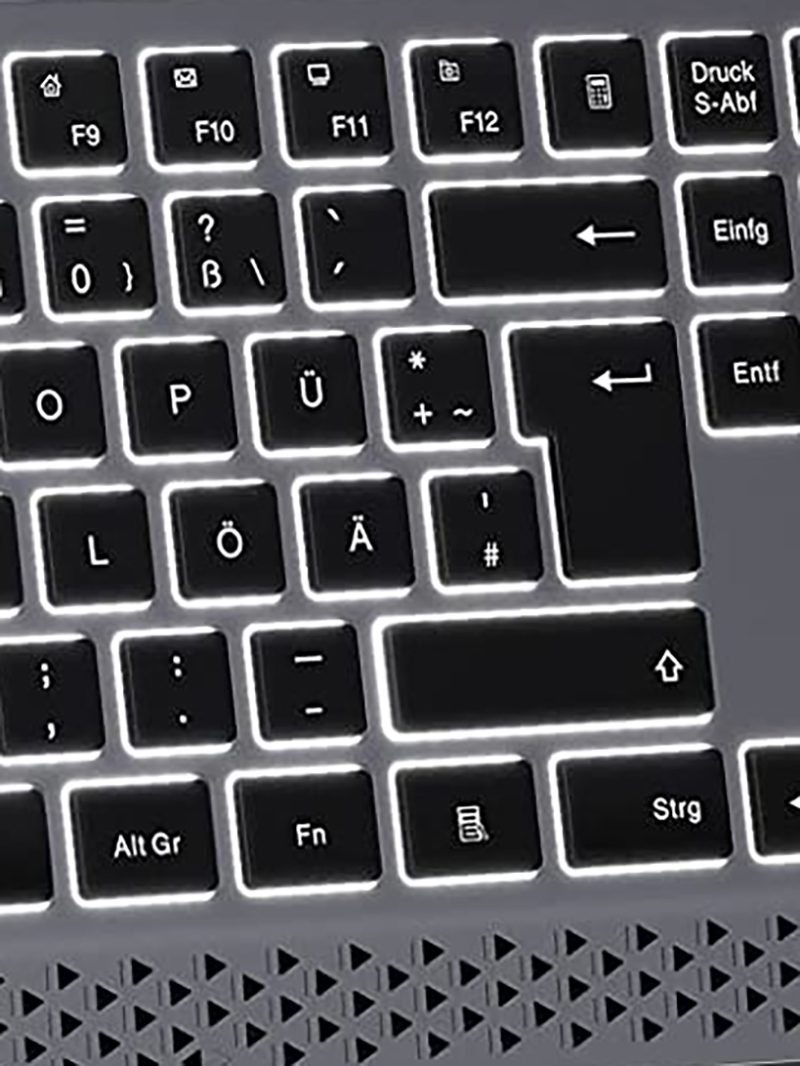Book Title: Incorporating Corpora

Book Description: Incorporating Corpora provides an online corpus-based workbook for teaching German to English-speaking learners. It includes a brief introduction to Data-Driven Learning, a guide for using one specific suite of German corpora, and a selection of corpus-based assignments.
License:
Creative Commons Attribution NonCommercial
Contents
Book Information
License
Incorporating Corpora Copyright © by Nina Vyatkina is licensed under a Creative Commons Attribution-NonCommercial 4.0 International License, except where otherwise noted.
Subject
Computational and corpus linguistics

